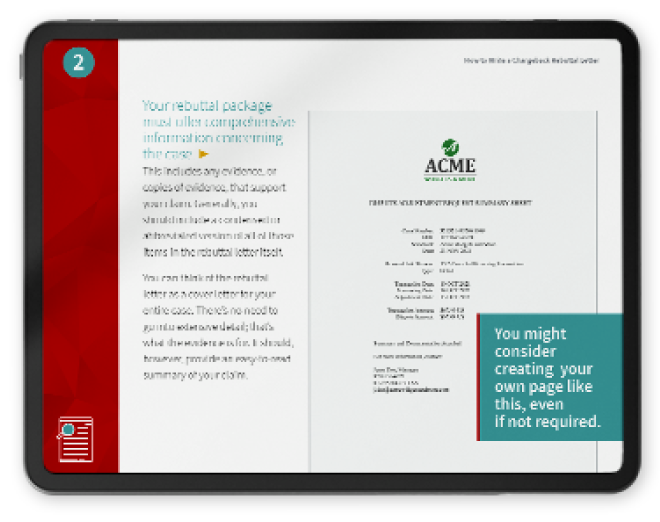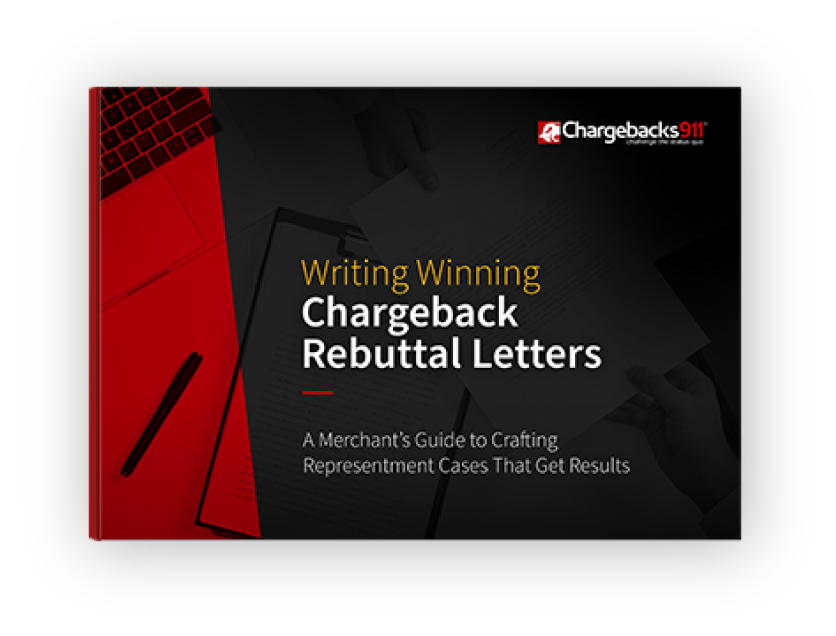Is Chargeback Fraud Illegal? Yes, & the Consequences Can be Severe
Chargebacks are not illegal. Let’s get that straight right at the beginning.
In fact, the entire chargeback system is based on federal mandates that were designed to protect consumers. The chargeback system isn’t against the law, it’s required by the law.
But… what about deliberate chargeback misuse? Is chargeback fraud illegal? Well, that’s a very different question.
Sometimes a chargeback is misused as a way for the cardholder to receive money they’re not entitled to. In a growing number of cases, cardholders are leveraging loopholes in the system to gain unwarranted refunds (i.e. engaging in chargeback fraud).
Recommended reading
- American Express Chargeback Time Limits: The 2025 Guide
- Chargeback Laws: What's the Legal Basis for Card Disputes?
- Chargeback Time Limits: the Merchant's Guide for 2025
- Chargeback Police Report | Can You Report Dispute Abuse?
- Here are Your 9 Basic Chargeback Rights as a Merchant
- What is the The Fair Credit Billing Act?
Is Chargeback Fraud Illegal?
Yes. Chargeback fraud is technically a form of wire fraud. However, it is rarely prosecuted, except in the most extreme cases.
Technically, the answer is “yes.” Deliberately misusing the chargeback process for personal gain falls under the purview of wire fraud. That’s when an individual deliberately defrauds someone else using electronic communications — including the internet — that cross state lines.
Criminal Resource Manual—941. 18 U.S.C. 1343—Elements of Wire Fraud
Wire fraud requires the use of an interstate telephone call or electronic communication made in furtherance of the scheme. The four essential elements of the crime of wire fraud are:
- (1) that the defendant voluntarily and intentionally devised or participated in a scheme to defraud another out of money;
- (2) that the defendant did so with the intent to defraud;
- (3) that it was reasonably foreseeable that interstate wire communications would be used; and
- (4) that interstate wire communications were in fact used.
Cardholders are rarely charged with any crime for committing chargeback fraud. But, as we’ll explore later, the authorities might get involved if the case is severe enough.
How Do Chargebacks Get Investigated?
The bank conducts an initial investigation. They will review the evidence and make a decision about whether a chargeback claim is legitimate. If the claim is flagrantly fraudulent, they may take additional action.
When a cardholder contacts their bank to dispute a charge, the card-issuing bank is expected to examine the details of the claim and make a fair, impartial judgment. A representative from the bank will look at the claim made by the cardholder, then gather relevant information about the transaction.
The investigator has to evaluate whether the buyer’s claim is reasonable based on the available evidence. If it looks like the original charge was legitimate, they may decline the chargeback request.
Learn more about the bank investigation processThat could be the end of it. But, as we explained earlier, a deliberate, false chargeback claim is technically wire fraud. If it's egregious enough, the case could be forwarded to the Federal Bureau of Investigation (FBI) to be investigated as a case of cross-state wire fraud.
Consequences of Engaging in Chargeback Fraud
A person accused of chargeback fraud may lose their banking privileges. They may also face criminal charges, including wire fraud, mail fraud, and banking fraud.
If a bank discovers that one of their cardholders may be engaging in fraudulent activity, they will typically freeze the cardholder’s account while they conduct an investigation. If the bank believes that the cardholder did, in fact, repeatedly misuse the chargeback process, they will probably close the cardholder’s account to prevent any additional liability for fraud.
Losing one’s account can cause a real financial headache. Not only does that person not have banking services, it can also negatively affect their credit history, as total available credit is a key factor in determining one’s credit score.

The chargeback fraud consequences can be painful any time a cardholder engages in this behavior. But, if a case gets referred to federal authorities as part of a criminal investigation, the stakes definitely get higher:
Wire Fraud
Like we mentioned above, the defendant might be investigated for wire fraud. Someone convicted of wire fraud could be fined as much as $250,000 and face chargeback fraud jail time of up to 20 years.
Mail Fraud
If the chargeback concerns an order through the mail, it could be deemed a case of mail fraud (also a federal crime). That could result in up to 30 years of prison time and fines as high as $1,000,000.
Bank Fraud
Those same consequences can apply if the defendant is charged with the federal crime of bank fraud where the case involves multiple financial institutions. The perpetrator could face up to 30 years of prison time and fines as high as $1,000,000.
This has happened before. In one notable case, a Florida man was sentenced to 10 years in prison for stealing more than $9 million from at least 76 different businesses simply by abusing credit card chargebacks.
Can I Sue Someone for Chargeback Fraud?
It’s certainly possible. Unlike a federal case, however, you’ll likely be limited to small claims court.
You won’t be able to ask for damages that are out of proportion to what you lost. And, while you’re not forbidden to request punitive damages in small claims court, there’s very little chance that you’ll get anything. The burden of proof is substantial; you’d have to clearly demonstrate that the customer acted maliciously when they demanded a chargeback.
Furthermore, lawyers are not allowed to appear in a small claims action. You’ll probably still want to retain one, just for legal advice and suggestions. In the courtroom, though, you’re on your own.
You have the option of trying to get the case moved from small claims into regular court. Your attorney could represent you then, but the cost would almost certainly outweigh what you lost in the chargeback.
Possibly the best scenario is the case being assigned to mandatory arbitration. That happens frequently, and it means you could help settle the claim yourself. In many such cases, arbitration can be done over the phone, so you wouldn’t even have a court appearance.
Can Chargeback Prevention Decrease Fraud?
While the chargeback system was created to protect consumers against fraud, the loopholes in the process also enable fraudsters to use it against you.
Many consumers believe that chargeback misuse is harmless. But, under the right circumstances, the financial consequences of chargeback fraud could be devastating. From both the cardholder and the merchant’s perspective, it’s better to do everything you can to avoid disputes all together.
Chargebacks911® has a wealth of experience-based knowledge and expertise in providing cost-effective prevention and risk mitigation strategies. Our experts can help you discover the true sources of all your chargebacks, and implement an end-to-end management strategy to retain revenue and prevent future disputes. Contact us today to learn more.
FAQs
Can chargebacks get you banned?
Yes, absolutely. Filing a fraudulent chargeback will almost always get you blacklisted by a business. But, even a legitimate dispute can cause a merchant to cut you off.
Who usually wins chargebacks?
According to recent statistics, cardholders win anywhere from 75-90% of initial disputes. Merchants are allowed to challenge chargebacks, but the percentages don’t dramatically change.
Is double dipping illegal?
Yes, double-dipping — transactions where a chargeback and a refund are both processed for a single payment — is illegal. As it involves a chargeback, the perpetrator could be charged with federal crimes.
What happens if someone files a chargeback against you?
If the customer has a legitimate complaint and files the dispute correctly, their bank will force a refund (usually without necessitating a return of the merchandise) and levy chargeback fees against you. If you have compelling evidence to show the original transaction was legitimate, you can attempt to have the chargeback reversed through representment (although the original chargeback fees are not refundable).
How do you fight chargeback fraud?
The representment process enables you to challenge illegitimate chargebacks by providing compelling evidence that supports the original transaction. The process is labor-intensive, however. A better option is to try and prevent disputes from happening.















